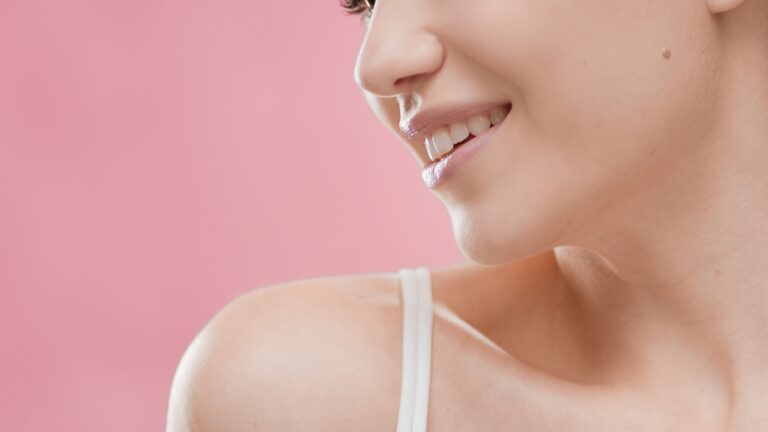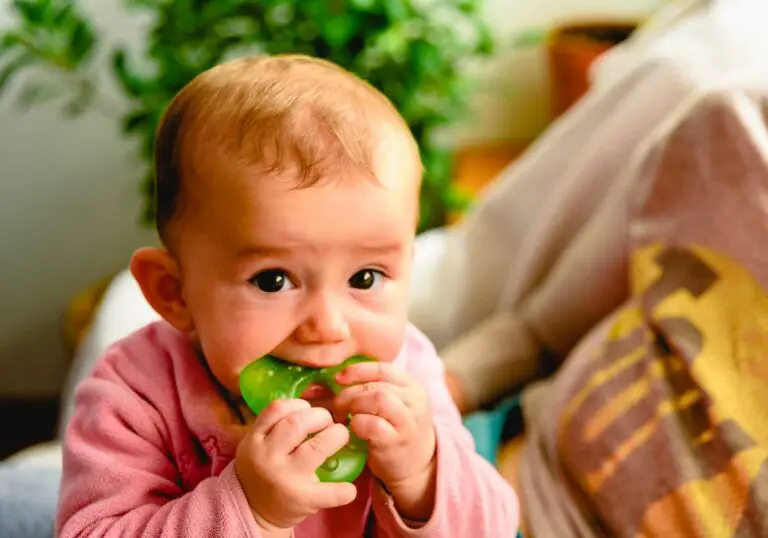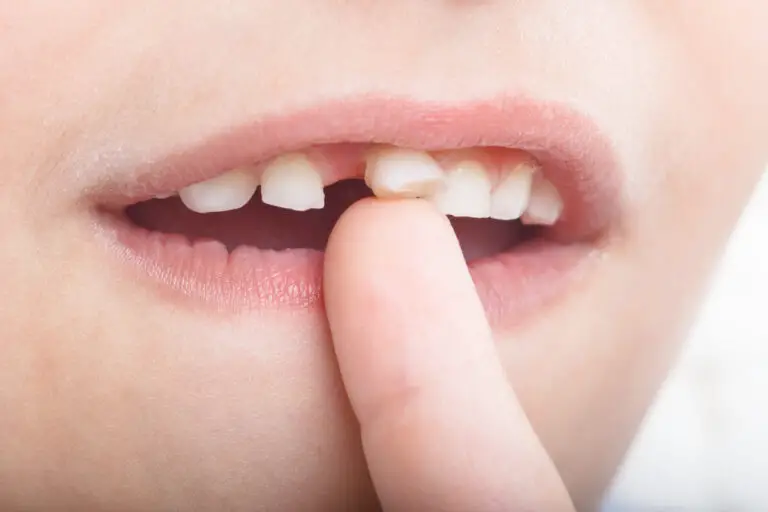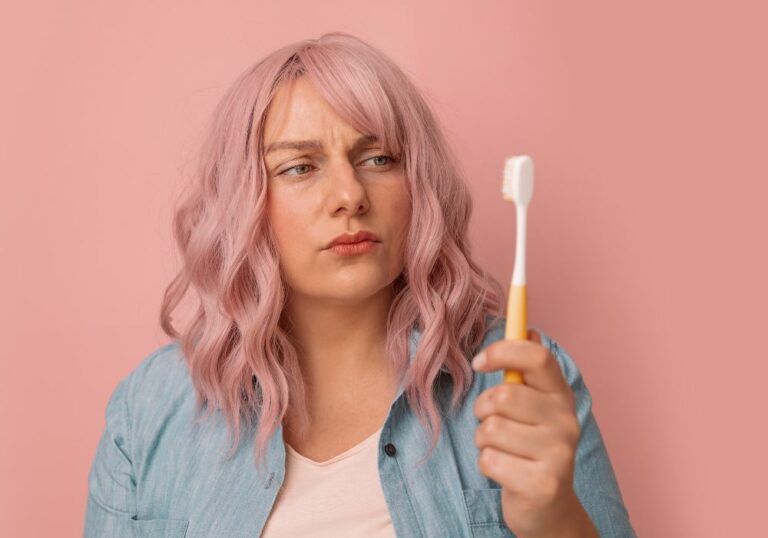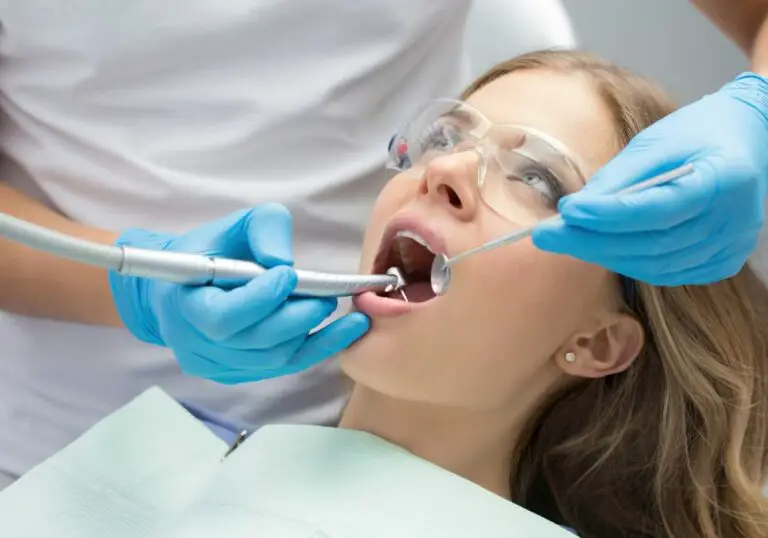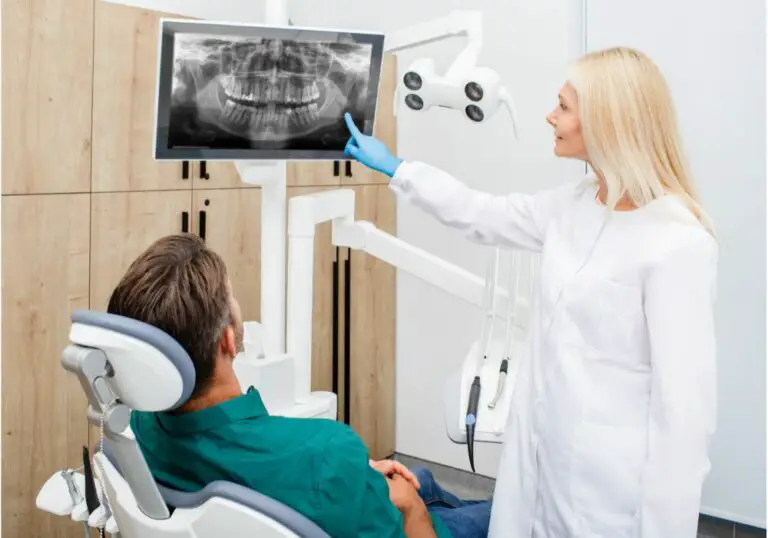If you’re a parent, you may be wondering what teeth come in at 1 year old. It’s important to know when your child’s teeth are expected to come in so you can monitor their dental health and ensure they are developing properly. While every child is different, there are general guidelines to follow when it comes to teething.
According to the American Dental Association, most children will have four teeth by the time they are 1 year old. These teeth are usually the two bottom front teeth, also known as the central incisors, and the two top front teeth, also known as the central incisors. However, it’s important to note that some children may have more or fewer teeth at this age, and that’s completely normal. It’s also common for children to experience teething symptoms such as fussiness, drooling, and irritability during this time.
As your child continues to grow and develop, more teeth will come in. By the time they are 2-3 years old, they should have a full set of 20 primary teeth. It’s important to take good care of these teeth, as they play an important role in your child’s overall health and development. Regular dental check-ups and good oral hygiene habits can help ensure your child’s teeth stay healthy and strong.
Understanding Baby Teeth
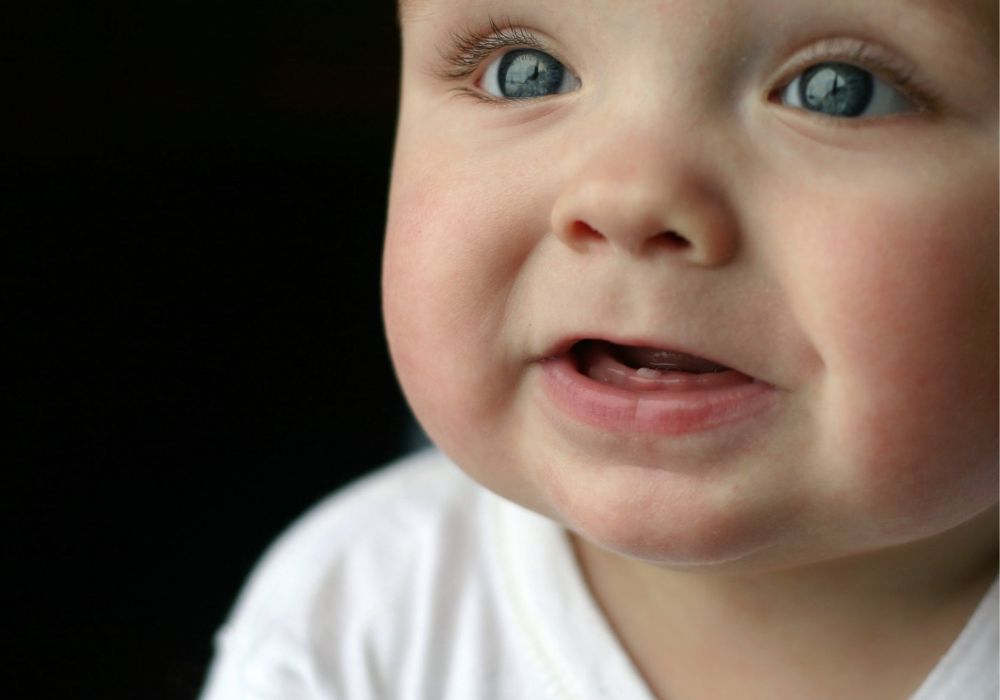
The Role of Baby Teeth
Baby teeth, also known as primary teeth or deciduous teeth, play an essential role in your child’s oral health. They help your child chew food, speak clearly, and maintain space in the jaw for the permanent teeth that will eventually replace them.
Baby teeth also contribute to the development of your child’s facial structure and jawbone. They act as guides for the permanent teeth to follow and help ensure that they come in properly aligned.
The Timeline of Baby Teeth Eruption
The timeline for baby teeth eruption can vary from child to child. However, most babies get their first tooth between six and ten months of age. By the time they are three years old, they usually have a full set of 20 baby teeth.
The following table provides a rough guide to the order in which baby teeth typically erupt:
| Teeth | Age of Eruption |
|---|---|
| Lower central incisors (front teeth) | 6-10 months |
| Upper central incisors (front teeth) | 8-12 months |
| Upper lateral incisors (teeth next to front teeth) | 9-13 months |
| Lower lateral incisors (teeth next to front teeth) | 10-16 months |
| First molars (back teeth) | 13-19 months |
| Canines (pointed teeth next to molars) | 16-23 months |
| Second molars (back teeth) | 23-33 months |
It’s important to note that these are just general guidelines, and your child’s teeth may come in at different times. If you have concerns about your child’s teeth development, consult with your pediatric dentist.
In summary, baby teeth play a crucial role in your child’s oral health and development. Understanding the timeline of baby teeth eruption can help you monitor your child’s dental health and ensure that they receive proper care.
The First Teeth: Incisors
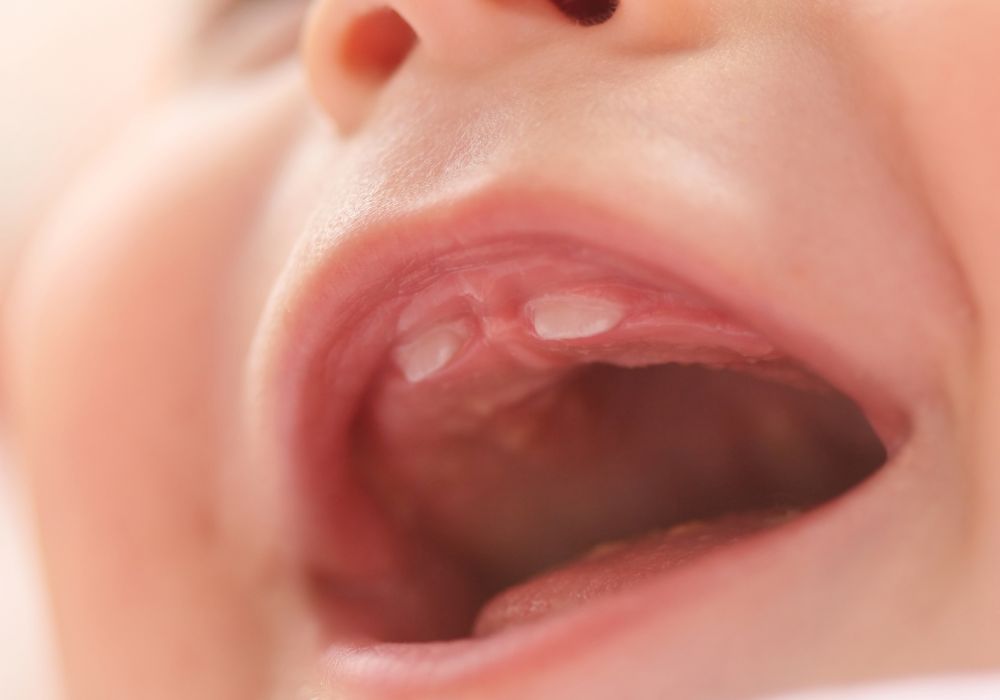
When your baby is around 1 year old, they will start getting their first set of teeth, also known as primary teeth or baby teeth. The first teeth to come in are usually the incisors, which are the front teeth in the mouth. There are four upper incisors and four lower incisors, and they usually come in pairs. Here is what you can expect:
Upper Central Incisors
The upper central incisors are the first teeth to come in, usually between 8 and 12 months of age. These teeth are located in the middle of the upper jaw and are the most visible teeth when your baby smiles. They are usually followed by the upper lateral incisors, which are located on either side of the upper central incisors.
Lower Central Incisors
The lower central incisors are the next teeth to come in, usually between 6 and 10 months of age. These teeth are located in the middle of the lower jaw and are also very visible when your baby smiles. They are usually followed by the lower lateral incisors, which are located on either side of the lower central incisors.
When your baby is getting their first teeth, they may experience some discomfort and irritability. You can help ease their discomfort by giving them a cold teething ring or a clean, damp washcloth to chew on. You can also gently massage their gums with a clean finger.
It is important to start taking care of your baby’s teeth as soon as they start coming in. You can start by gently brushing their teeth with a soft-bristled toothbrush and a small amount of fluoride toothpaste. You should also schedule their first dental appointment by their first birthday.
Remember, taking care of your baby’s teeth is important for their overall health and well-being. By starting good dental habits early, you can help set your baby up for a lifetime of healthy teeth and gums.
Caring for Your Baby’s First Teeth
Congratulations on your baby’s first teeth! Taking proper care of your baby’s teeth is essential for their oral health and overall well-being. Here are some tips to help you care for your baby’s first teeth.
Proper Cleaning Techniques
It’s important to start cleaning your baby’s teeth as soon as they appear. You can use a soft-bristled toothbrush or a clean cloth to gently clean your baby’s teeth. Here are some proper cleaning techniques to follow:
- Use a small amount of fluoride toothpaste, about the size of a grain of rice.
- Brush your baby’s teeth twice a day, once in the morning and once before bed.
- Hold your baby securely and use circular motions to brush their teeth.
- Make sure to clean all surfaces of the teeth, including the front, back, and chewing surfaces.
- Encourage your baby to spit out the toothpaste, but don’t rinse their mouth with water.
Visiting the Dentist
It’s recommended that you take your baby to the dentist by their first birthday. This will help establish a good dental hygiene routine and ensure that their teeth are developing properly. Here are some things to keep in mind for your baby’s first dental visit:
- Look for a pediatric dentist who specializes in treating children.
- Schedule the appointment for a time when your baby is well-rested and alert.
- Let the dentist know that it’s your baby’s first visit so they can take the necessary time to make your baby feel comfortable.
- During the appointment, the dentist will examine your baby’s teeth and gums and provide guidance on proper dental care.
Taking care of your baby’s first teeth is an important part of their overall health and well-being. By following these tips, you can help ensure that your baby’s teeth stay healthy and strong.
Potential Issues and Solutions
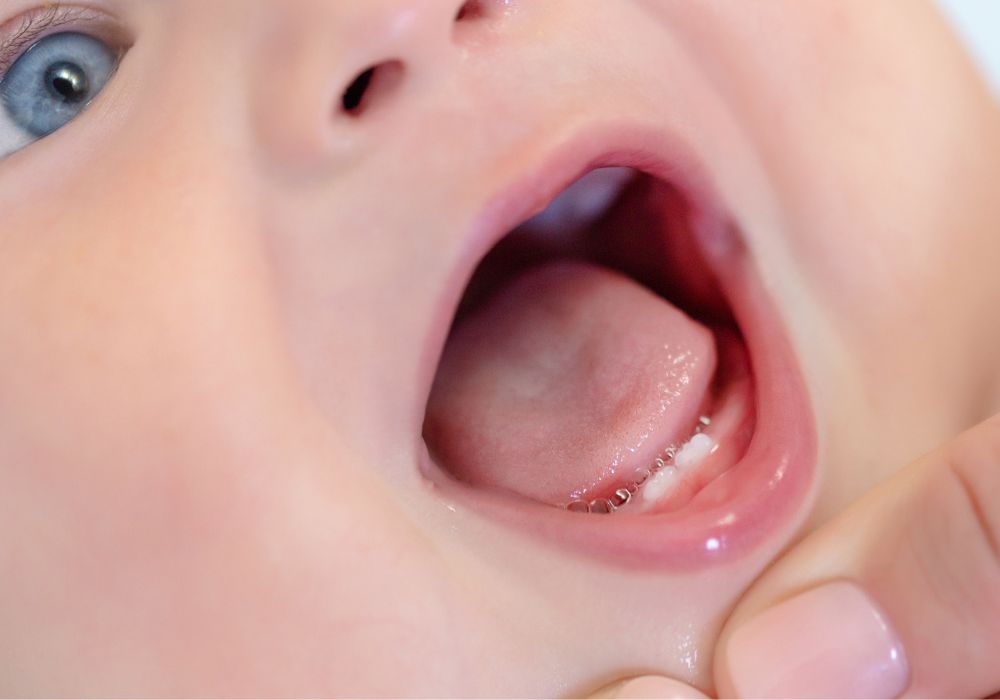
Teething Symptoms and Remedies
At around 6 months of age, your baby’s first teeth will start to emerge. This process, called teething, can be uncomfortable for your little one. Some common symptoms of teething include drooling, irritability, and swollen gums.
To help alleviate your baby’s discomfort, you can try giving them a chilled teething ring or a clean, damp washcloth to chew on. You can also gently massage their gums with a clean finger. If your baby is still having trouble, you can talk to your pediatrician about using a teething gel or other over-the-counter remedies.
Delayed Tooth Eruption
While most babies will start to get their first teeth around 6 months of age, some babies may experience delayed tooth eruption. This can be caused by a variety of factors, including genetics, nutritional deficiencies, and certain medical conditions.
If your baby’s teeth are not coming in as expected, it’s important to talk to your pediatrician. They may recommend further testing or refer you to a pediatric dentist. In some cases, your baby may need to have their teeth manually extracted to help them come in properly.
Remember, every baby is different and will develop at their own pace. If you have concerns about your baby’s teeth, don’t hesitate to talk to your healthcare provider.
Frequently Asked Questions
What teeth typically come in by age one?
By the age of one, most babies will have at least one tooth. Typically, the bottom front teeth (central incisors) are the first to come in, followed by the top front teeth. By the time your baby turns one, they may have up to eight teeth.
When should my baby’s first tooth come in?
The first tooth usually appears around 6 months of age, but it can also come in as early as 4 months or as late as 12 months. If your baby hasn’t gotten their first tooth by 18 months, you should talk to your pediatrician.
What if my baby’s teeth come in out of order?
It’s not uncommon for baby teeth to come in out of order. While the bottom front teeth usually come in first, sometimes the top front teeth or even the molars may come in first. This is nothing to worry about and is usually not a cause for concern.
How many teeth should my one-year-old have?
By the time your baby turns one, they should have at least one tooth and may have up to eight teeth. However, every baby is different, and some babies may have more or fewer teeth than others.
What can cause early teething in babies?
Early teething in babies can be caused by a variety of factors, including genetics, nutrition, and overall health. Some babies may also start teething earlier if they were born premature.
Is it normal for babies to get molars at one year old?
While it’s not common, some babies may get their first molars around the age of one. This is nothing to worry about and is usually not a cause for concern.

